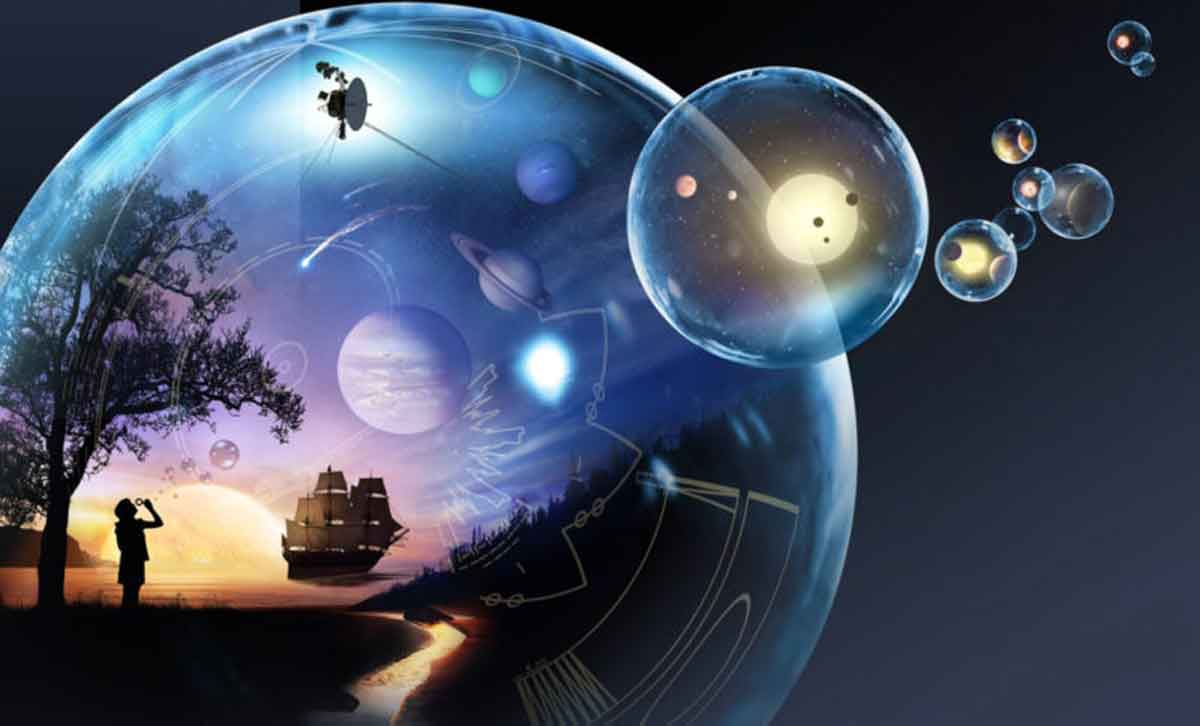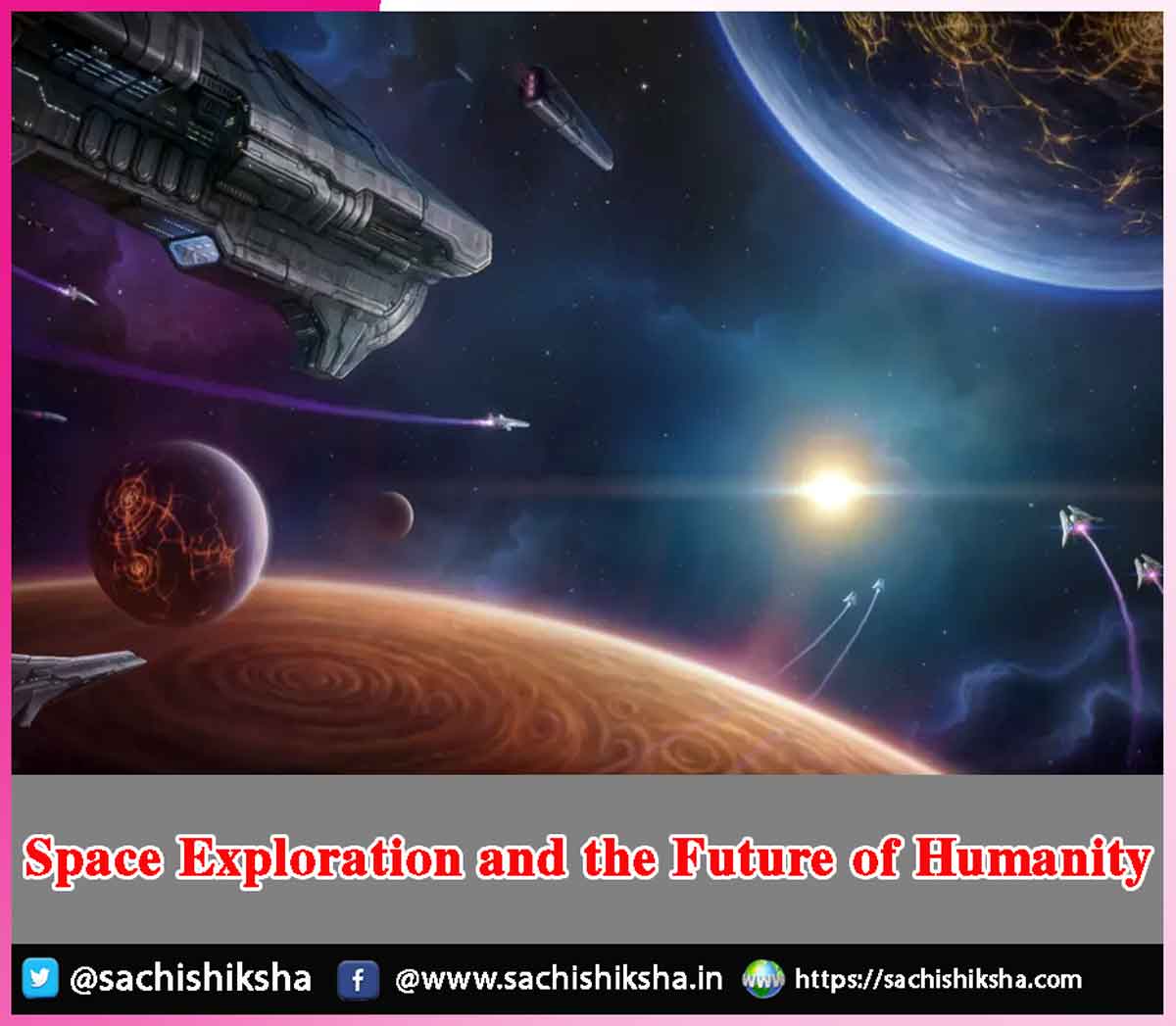Space Exploration and the Future of Humanity
Introduction: Since the dawn of human civilization, we have looked up at the stars with wonder, curiosity, and a longing to explore what lies beyond our planet. For centuries, space was a distant, unreachable frontier, a canvas for myths, dreams, and speculation. But with the advancement of science and technology, space has gradually transformed from a poetic concept into a tangible realm for exploration. Today, space exploration is not just a scientific endeavour; it is a pivotal factor in shaping the future of humanity.
Table of Contents
The Space Race
 The first significant leap in this journey came in the mid-20th century with the space race, a symbolic contest that culminated in humanity’s first steps on the Moon. Yuri Gagarin’s historic orbit of Earth in 1961 and the Apollo 11 Moon landing in 1969 were milestones that proved our species could transcend planetary boundaries. These achievements ignited the imagination of millions and established space exploration as a symbol of human ingenuity, courage, and ambition.
The first significant leap in this journey came in the mid-20th century with the space race, a symbolic contest that culminated in humanity’s first steps on the Moon. Yuri Gagarin’s historic orbit of Earth in 1961 and the Apollo 11 Moon landing in 1969 were milestones that proved our species could transcend planetary boundaries. These achievements ignited the imagination of millions and established space exploration as a symbol of human ingenuity, courage, and ambition.
Modern Developments
In the modern era, space exploration has evolved far beyond national pride. Private companies, technological innovators, and international collaborations have entered the field, making space travel more ambitious and diverse. Organizations such as NASA, ESA, and ISRO, along with private players like SpaceX and Blue Origin, are pushing the boundaries of human reach. Their goals are no longer limited to orbiting satellites or brief Moon missions; they include Mars colonization, asteroid mining, and even interstellar travel.
Scientific and Technological Benefits
The pursuit of space exploration carries profound implications for humanity’s survival and progress. On a practical level, it drives scientific innovation and technological advancement. The challenges of sustaining life in extreme environments, navigating cosmic radiation, and creating sustainable habitats have led to breakthroughs in robotics, artificial intelligence, energy storage, and materials science. These innovations often find applications on Earth, improving healthcare, transportation, and environmental management. In essence, space exploration accelerates human progress both in space and on our home planet.
Ensuring Humanity’s Survival Beyond Earth
More importantly, space exploration offers a vision for the long-term survival of humanity. Earth, while our cradle, is a finite and fragile home. Climate change, resource depletion, pandemics, and the looming threat of global catastrophes make the pursuit of alternative habitats more than just a dream; it is a necessity. Mars, the Moon, and potentially other celestial bodies represent a second chance for life to flourish, a safeguard against the existential risks we face on Earth. The idea of becoming a multi-planetary species is not science fiction; it is a strategic vision for ensuring that humanity survives and thrives in the eons to come.
The Philosophical and Cultural Impact
Beyond survival, space exploration also shapes our philosophical and cultural outlook. Seeing Earth from space—the “overview effect”—profoundly shifts perspectives, highlighting our planet’s fragility and the interconnectedness of life. It inspires a sense of unity, humility, and responsibility that transcends borders. Space exploration invites us to rethink our priorities, challenge our limitations, and embrace the boundless potential of human creativity.
Challenges and Ethical Considerations
However, the journey ahead is not without challenges. Space travel remains expensive, technically demanding, and ethically complex. Questions about planetary contamination, the militarization of space, and equitable access to extraterrestrial resources require careful consideration. Collaboration, transparency, and a global ethical framework will be critical in ensuring that the expansion into space benefits all of humanity rather than a select few.
Conclusion
In conclusion, space exploration represents both an extraordinary opportunity and a profound responsibility. It is a journey of scientific discovery, technological innovation, and existential significance. As humanity looks to the stars, we are reminded of the fragility and potential of our species. The future of humanity may very well depend on our ability to venture beyond Earth—to explore, to adapt, and to thrive in the cosmos. In the boundless expanse of space, we find not just new worlds, but the promise of a future where human curiosity, resilience, and imagination know no limits.















































